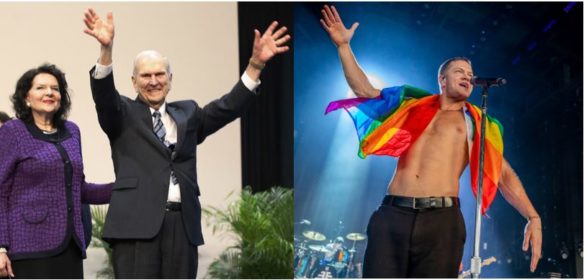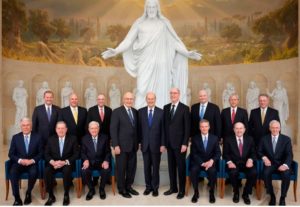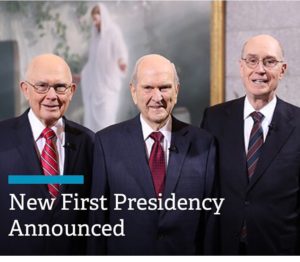Jacob Hess
After the passing of his dear older brother, Jacob stood before the people of Nephi with an earnest interest in “consoling and healing” them through the “pleasing word of God; yea, the word which healeth the wounded soul” (Jacob 2).
Even
while doing just that, Jacob also admitted feeling “weighed down with much
desire and anxiety” for his people’s welfare – to the point that he felt
constrained to share other things he
acknowledged would likely “enlarge the wounds of those who are already wounded.”
In
particular, Jacob knew that his cautionary words about sexual boundaries being
crossed among his people would be painful for some listening, which made his
deeply-felt obligation to speak personally painful as well:
Wherefore, it burdeneth my soul that I should be constrained, because of the strict commandment which I have received from God, to admonish you according to your crimes, to enlarge the wounds of those who are already wounded, instead of consoling and healing their wounds; and those who have not been wounded, instead of feasting upon the pleasing word of God have daggers placed to pierce their souls and wound their delicate minds. (Jacob 2)
I
believe the prophets in our day feel a similar pain, especially when teaching
about issues they know are sensitive, and deeply personal. But like Jacob of
old, they feel “constrained” to speak what God puts on their hearts – recognizing
that whatever pain some might feel in their words, they are necessary to
address a deeper woundedness that exists independent of their words.
Wounded America. There are enough wounds to go around in
America today – of all kinds, and in all directions. Even more pervasive and life-threatening than
physical wounds are those tearing at hearts, and minds – spirits and souls. In
particular, lots of people feeling wounded when it comes to questions of sexuality
today. The pain is real, often overwhelming, and sometimes even lethal.
Continue reading →




 If you missed this morning’s announcement about the newly organized First Presidency, you can watch the video below. The First Presidency announcement starts at the 52 minute mark and the press conference, which began at 10am this morning starts at the 1:51 (one hour, fifty-one) minute mark.
If you missed this morning’s announcement about the newly organized First Presidency, you can watch the video below. The First Presidency announcement starts at the 52 minute mark and the press conference, which began at 10am this morning starts at the 1:51 (one hour, fifty-one) minute mark.